Pro or Youth, Germany Holds Promise of Development
Eddie Loewen is one of the few experts who understands American youth soccer and how the German Bundesliga develops youth players. With amazing contacts and a deep appreciation and familiarity with his homeland, Loewen has provided hundreds of American youth soccer players with the chance to train, compete and be scouted in Germany.
Eddie Loewen’s goal has always been connecting U.S. youth soccer talent with unique soccer opportunities in Europe. With more than a decade of experience, this former Bundesliga player and colleague Arne Friedrich, a former German national team player, have opened doors and arranged trials with top tier clubs for many players.
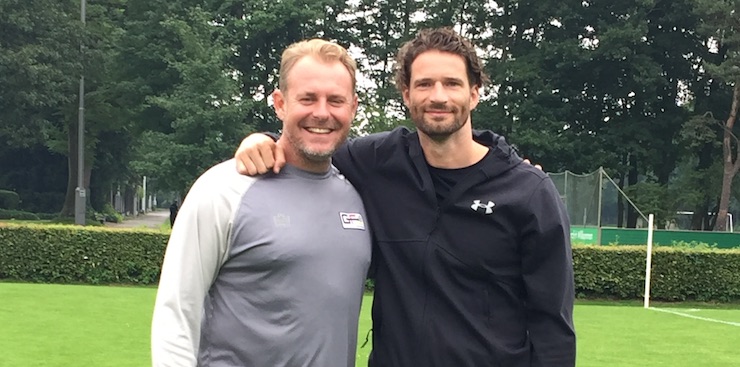
Friedrich is currently in Germany working with Hertha Berlin and Loewen calls Florida his home now. Working together, Loewen and Friedrich immerse players in a professional, diverse and high-level training program with intense, top-tier competition.
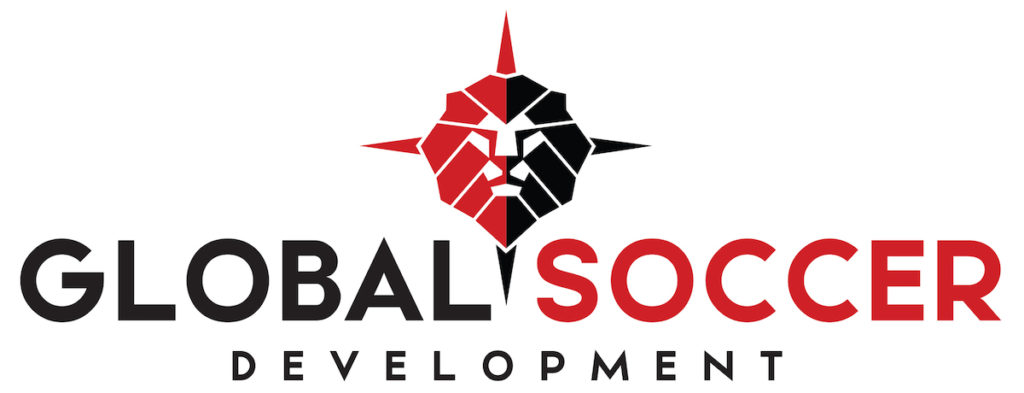
A new decade brings new opportunities and, as the founder of Global Soccer Development, (Loewen rebranded GFL as Global Soccer Development in January 2020 because of a change of partnership structure), Loewen will continue as a world-recognized leader of international soccer training, arranging trials, hosting tournaments, and highly select tours.
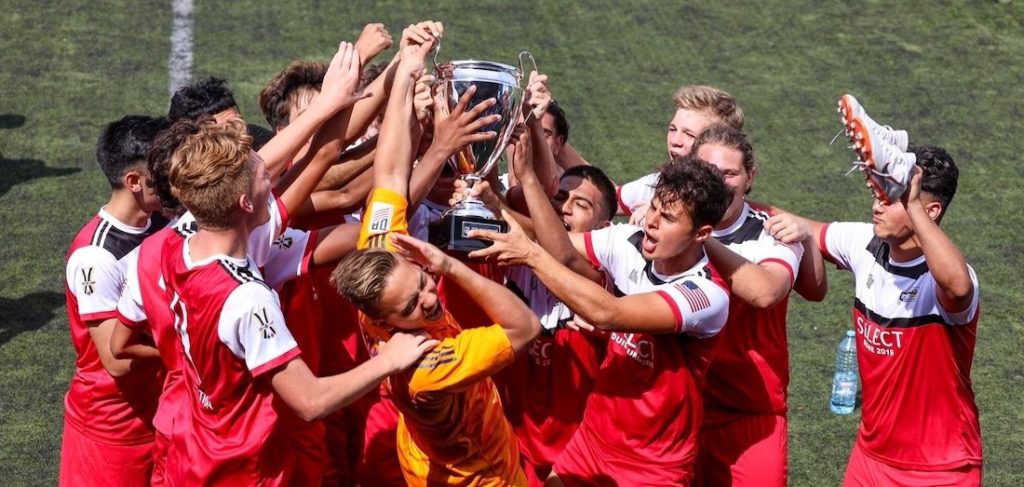
Global Soccer Development (GSD) exemplifies holistic player growth and development, providing an immersive approach to the four-time FIFA World Cup-winning German methodology.
Skills are only half the game — We focus on the whole player.
Eddie Loewen, Global Soccer Development
SoccerToday Interview with Eddie Loewen
Diane Scavuzzo: What is your goal?
Eddie Loewen: To broaden player diversity by opening international doors and arming players with the tools necessary to succeed on and beyond the pitch.
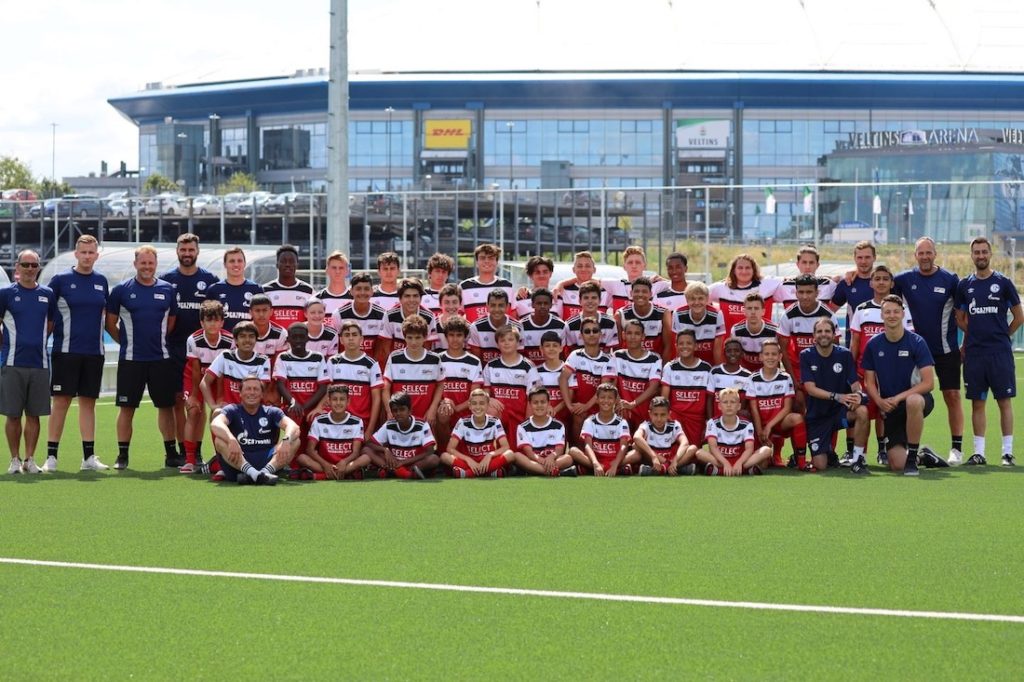
Diane Scavuzzo: Is training in Germany advantageous for a youth soccer player? Is it usually better training than in the USA?
Eddie Loewen: The environment in Europe — specifically in Germany — is tailored for player development to push the player, get them out of their comfort zone, and produce players that are able to play in the first, second, or third league of the Bundesliga.
Diane Scavuzzo: What inspires you?
Eddie Loewen: To witness the burning flame in the eyes of players who push themselves beyond their comfort zone.
It is a player’s tireless pursuit of the dream.
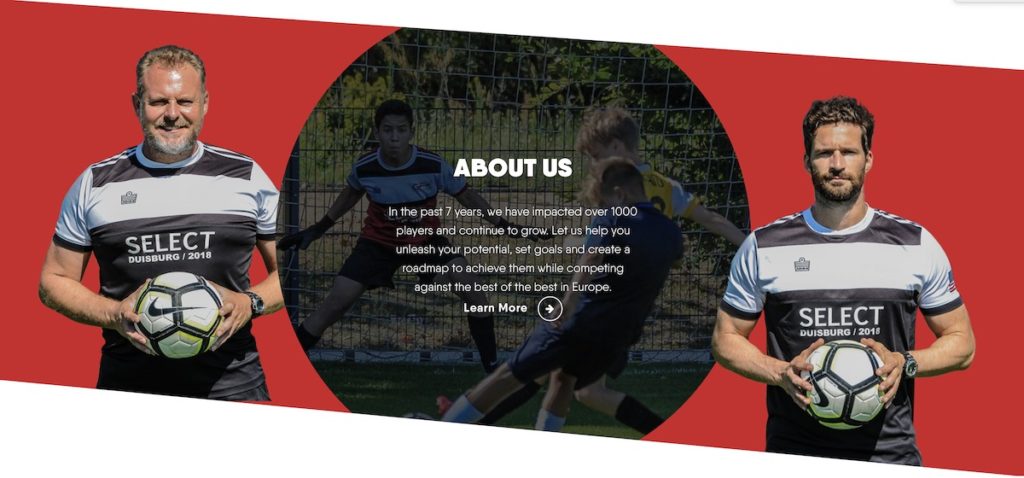
Everyone at GSD really enjoys the success of uniting youth soccer players from all over America. Watching players who were all unknown to one another learn to trust and believe in each other, and become a true team is a fantastic and rewarding experience.
Players really grow from this experience and their immersion in real European soccer cultures.
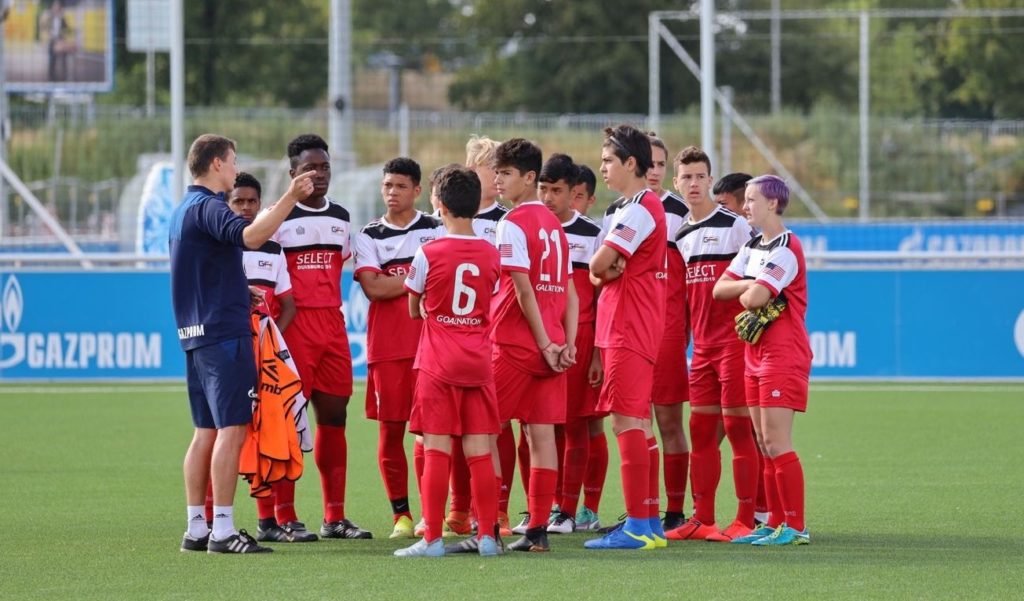
Diane Scavuzzo: Why is training abroad so valuable? What are we missing in American youth soccer?
Eddie Loewen: The crucial element is really setting the stage, creating the environment that’s necessary for serious player development.
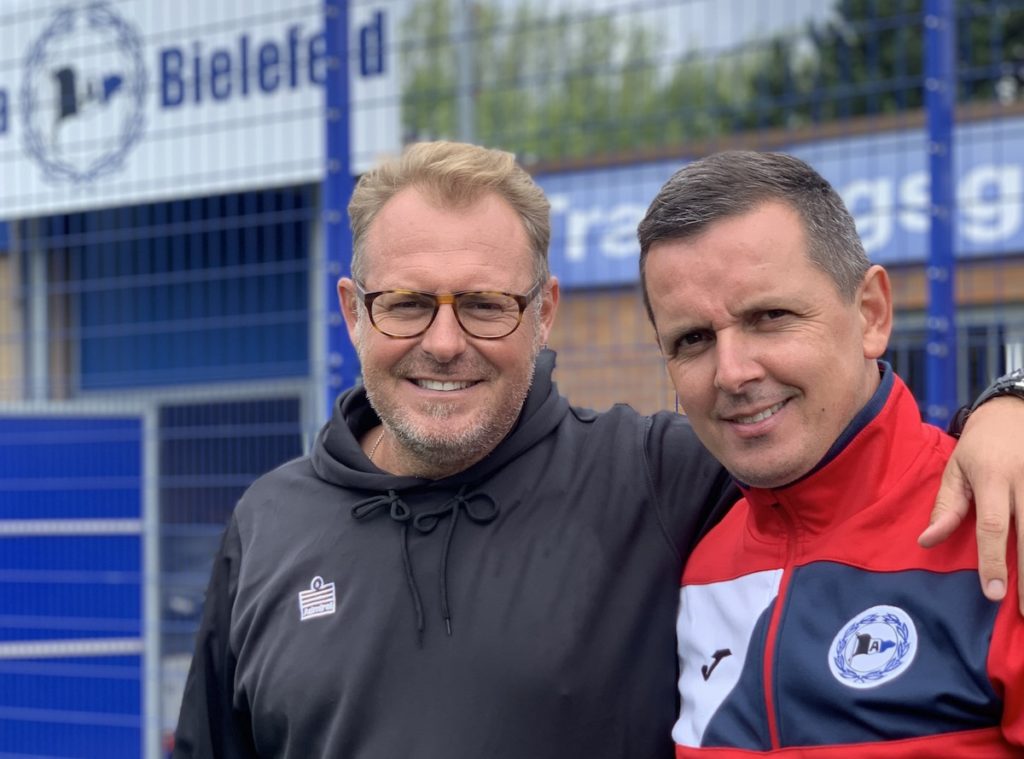
I think in the U.S. we still fail to create an environment that is conducive to proper development for young men — an environment that produces high-level players who are able to perform under pressure because they have trained under pressure.
High level players need to perform under high pressure.
I do not mean a negative, critical pressure but a constructive, challenging pressure that makes players think and push themselves.
Diane Scavuzzo: What is missing in American youth soccer? Can you name three elements that make a difference?
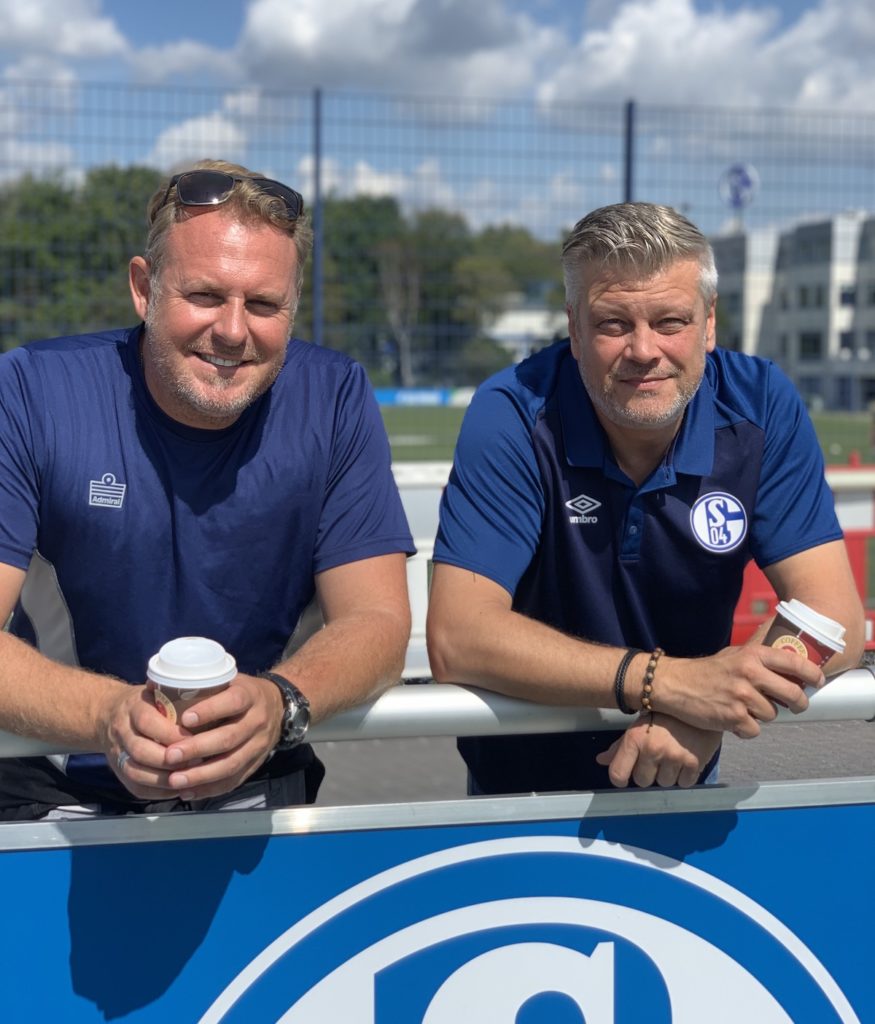
Eddie Loewen: If I had to name three components, what is missing are these critical traits: An intense desire, extreme grit and the ability to perform well under pressure.
- Desire to put it all on the line, to give everything for the dream knowing that even if you give everything, you might still not play professionally. Players who want to succeed need a strong desire.
- Grit to succeed on the top level. The higher you go on the pyramid, the more talented players fall off the grid. You have to be extremely gritty, extremely resilient to make it.
- Perform under pressure. A player who succeeds is able to perform consistently under significant pressure.
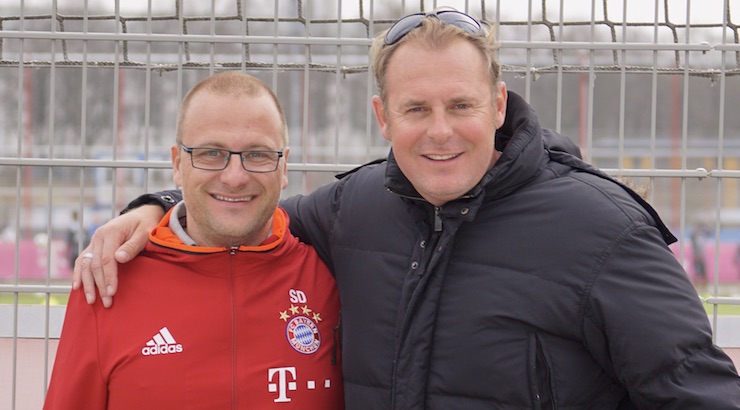
Diane Scavuzzo: Do our American players have enough grit and desire?
Eddie Loewen: Great question. Let’s talk about grit and desire. Most American U17 players come from a comfortable home life and want to earn a good living.
A U17 player in Germany at Schalke 04, Dortmund or FC Bayern all share the same dream of becoming a professional player as their counterparts in American youth soccer, but they are willing to sacrifice everything to achieve that dream.
Players in Germany are all in.
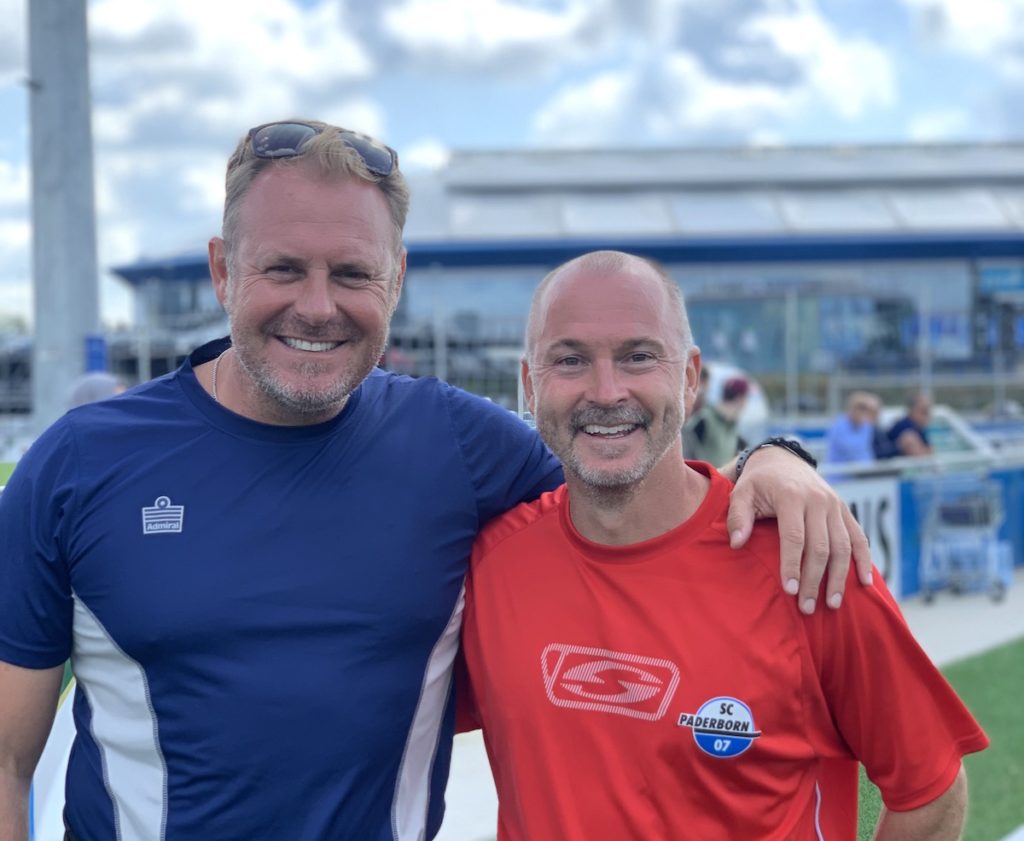
Diane Scavuzzo: Are youth soccer clubs doing enough to create the right player development environment?
Eddie Loewen: I believe the U.S. is still failing to create a real nurturing environment for player development. In American youth soccer, we are not doing a good enough job at creating an environment that develops our players in a healthy way — promoting pressure paired with the right methodology in training and in games.
Many American players have benefited from training in the Bundesliga.
For example, Sporting Kansas City re-signed 26-year-old forward Khiry Shelton last December to a three-year MLS contract through 2022 with an option for 2023 after he spent 2019 with German club SC Paderborn 07.
Diane Scavuzzo: How do you think the year in Germany helped make Shelton a more desirable player to the MLS?
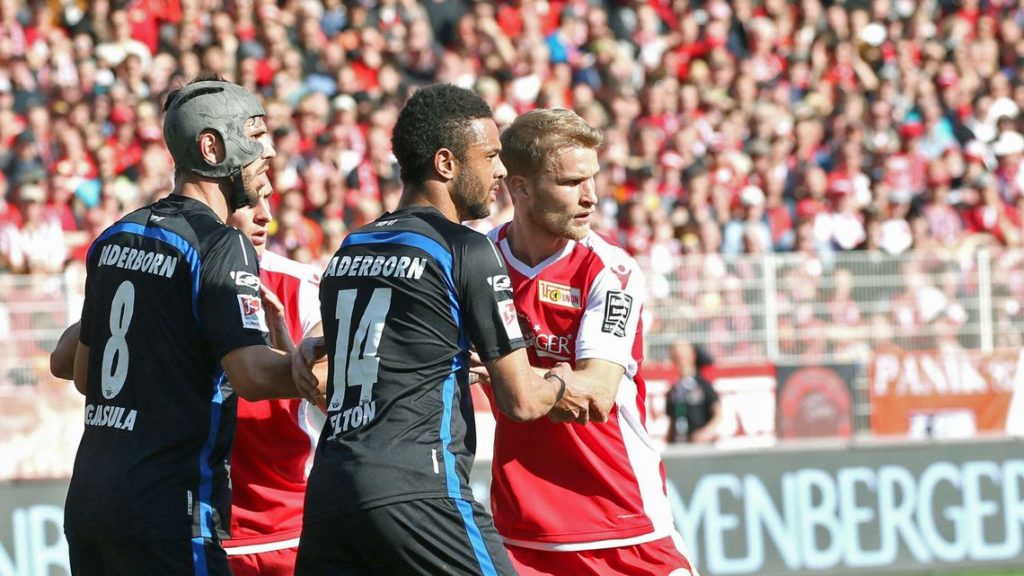
Eddie Loewen: At 6’3″, Shelton (No.14) has great promise. In Germany, Shelton experienced how hard it is to play in the Bundesliga. This just shows you how different the level is between an MLS and a club in the Bundesliga.
I think training on a daily basis with the first German team and trying to compete for spots, trying to get minutes in the game — all this pressure helped Shelton develop into a more mature player.
Diane Scavuzzo: Does immersing an American player in Germany’s soccer culture help development?
Eddie Loewen: Yes, a player training in Germany can feel the real pressure to develop, In America, our play-to-pay youth soccer culture enables a player and their family to always find a spot. This makes a difference.
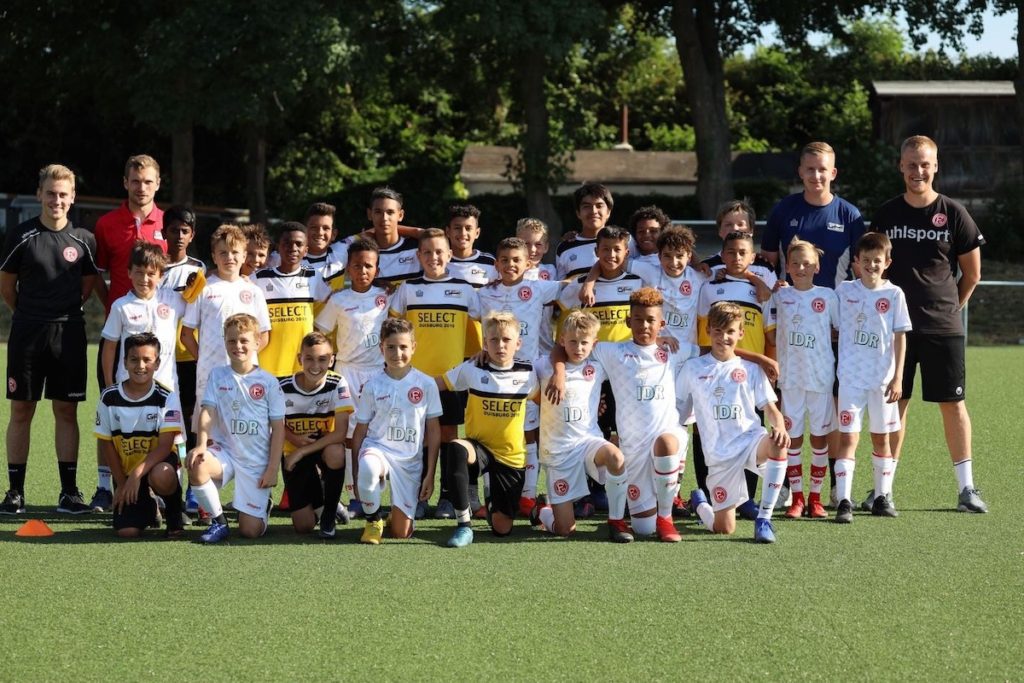
There is a correlation between the personality of the player and the training performance in the environment that we shape.
I am not sure if we should sugar coat it — pressure’s pressure.
In America, coaches can artificially infuse pressure in training depending upon how we set the stage. We want to inspire our players to be motivated.
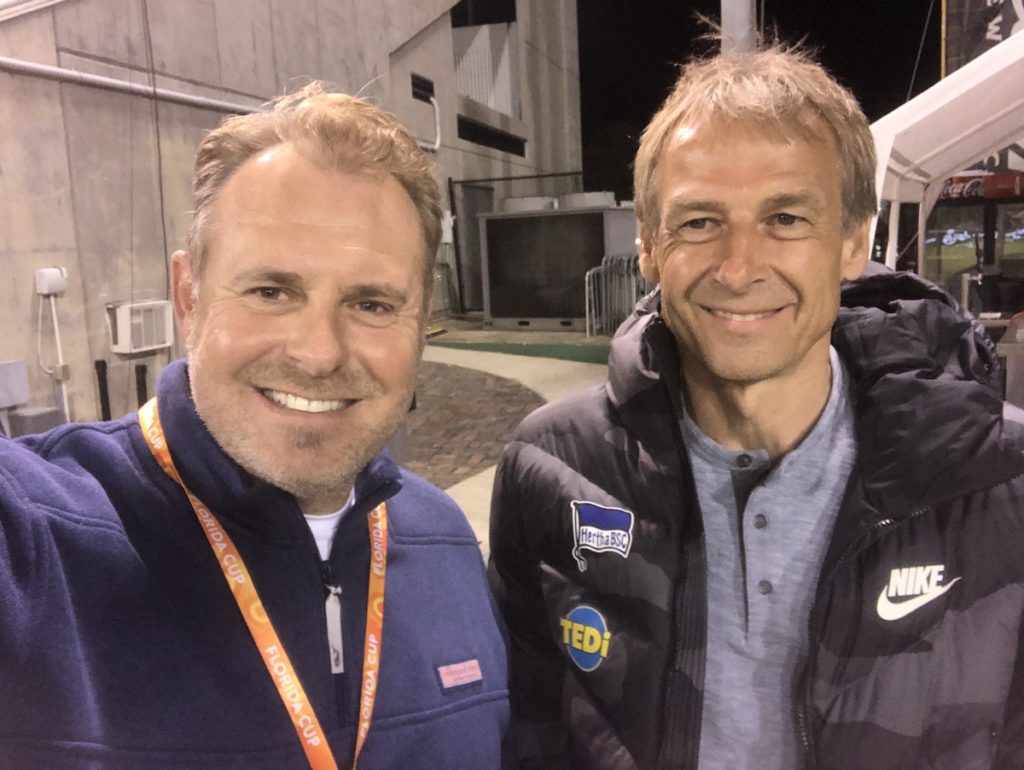
Maybe we should question ourselves more, and reflect on the environments we create because, at the end of the day, the environment is going to shape the player and their behavior.
We have a lot of youth soccer talent in America. We have a lot of potential with really good players who are physically, technically and mentally sound — Imagine what we can achieve.
I think one of our weaknesses is that we’re not self-reflective enough as coaches, as directors, or as leaders of organizations.
Diane Scavuzzo: Do you think a European coach is concerned with motivating their player? Is this more challenging for American youth soccer coaches?
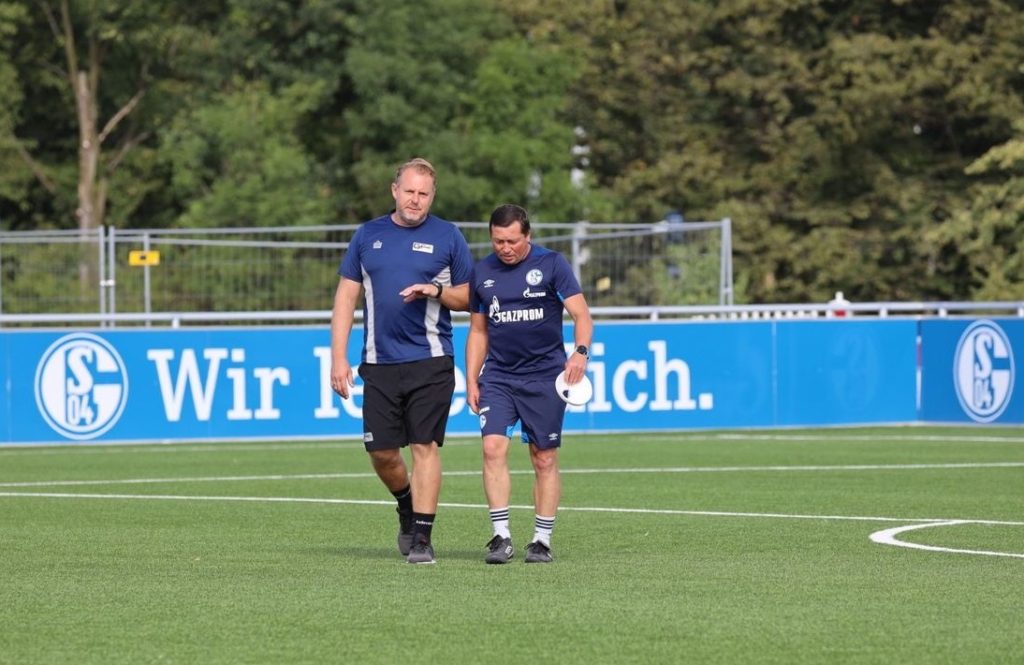
Eddie Loewen: In Germany, players are already highly intrinsically motivated. From my experience, players are more motivated when they’re hungrier. I think it comes down to the simple fact that we live a very good life in America. Most of our kids have really everything that they need … and that is not a bad thing.
Even the players who really want to become professionals have a plan B. Players in Germany do not have a plan B.
For example, if you take an MLS Academy or a really successful youth soccer club DA team, probably half of them would say, “I really want to become a professional.” The other half might say, “Well, I could be a good engineer and make more money than half of the players in the MLS.”
This is different in Germany.
Diane Scavuzzo: American youth players have been told repeatedly that there’s only a tiny percentage of players that go pro. Do their German counterparts have more hope?
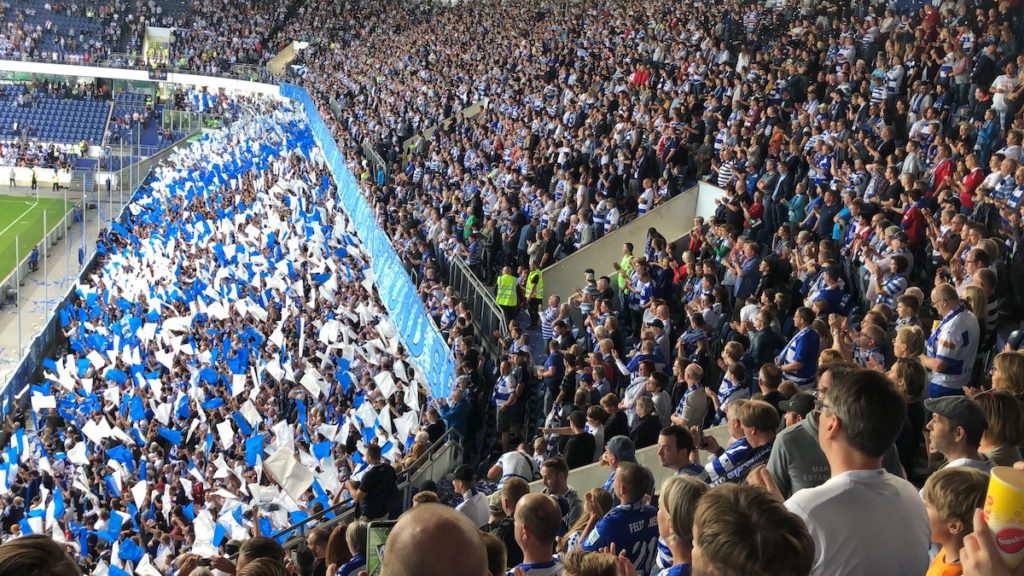
Eddie Loewen: Yes, although it is still very tough to become a pro, there is more opportunity in Germany. There are the first, second, third and even fourth division professional soccer leagues, which are all high tier.
Unlike America, there are 20,000 plus fans cheering at a third division Bundesliga match.
Diane Scavuzzo: When you select a player to take over to Germany, what do you look for?
Eddie Loewen: We always look for players who are ready to benefit from the experience. Players need to have:
- Good ball control.
- Good technical and physical abilities.
- Good understanding of the game.
- A natural desire to want to have the ball, to be creative.
- Speed is super, super important in the modern game. How fast is the player?
- And then, last but not least, the right mentality and grit.
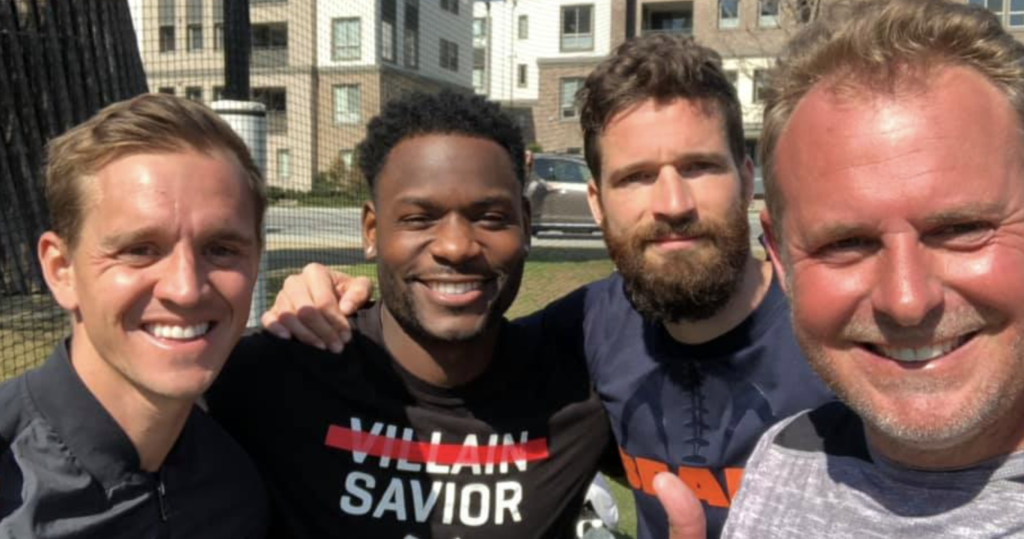
We like to spend time with the players, and always talk with them one-on-one to really get to know if the player is ready to train in Germany. For me, it’s super important to look in the eyes of a player, to give him a handshake, to have even a short exchange — to connect with the player.
I’m always trying to set the stage where the player feels that they have a personal connection with me as a coach and that they feel comfortable. Once we feel that the player has what it takes to compete in Europe, they get an invitation.
Diane Scavuzzo: When players go to train and compete in Germany with you, is it reasonable to even dream that a top Bundesliga scout might watch them?
Eddie Loewen: Absolutely. If a player comes to Germany with me, he plays against the Bundesliga academies.

Our players have played against Schalke 04, Bayern Munich, Dortmund,–Fortuna Dusseldorf, just to mention a few top clubs. One of our players got noticed by a scout from Hoffenheim and we arranged several trials for him.
Diane Scavuzzo: You and your colleague Arne Friedrich both played professionally in Germany, right?
Eddie Loewen: Yes, my career started in the seventh division, and moved up to the third professional division in Germany. Arne Friedrich played at the highest level – on the German National Team, and played in Euro 2004, World Cup 2006, Euro 2008 and the World Cup 2010. He is now the Performance Manager of Hertha BSC working with Jurgen Klinsmann.
Because of these experiences, we are able to communicate what a player needs to be able to do to handle themselves under pressure and how to make a good impression with a scout.
We open the doors and provide guidance to those who pursue their goals and DREAM.





